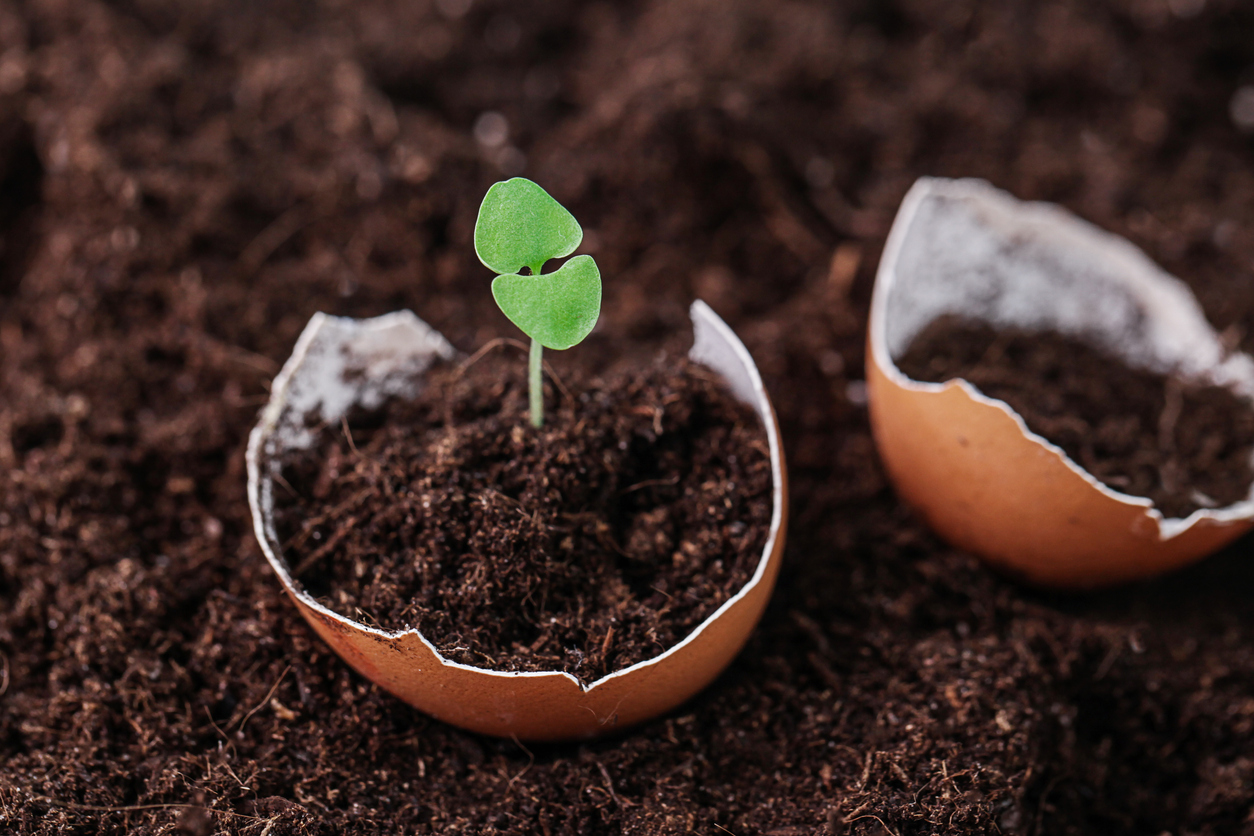
Compostability
Innovating Compostable Solutions with PHA
At CJ Biomaterials, we’re enabling circularity and better end-of-life solutions
Biodegradability is an advantageous characteristic in a product. But it can be only a partial solution and it may take a long time. When something is biodegradable, it relies on factors like temperature and the presence of microbes to achieve success. Most biodegradable materials need to be processed in specialized facilities to fully degrade, not in the open environment. Industrial compost needs facilities to provide an adequate environment, such as elevated temperatures, for biopolymers to decompose.
In the past, the holy grail for plastics replacement was to increase bio-content and to have it be biodegradable, but today it is the ability to include on the package that it is ‘home compostable’ without having to include any caveats for specific conditions. aPHA (amorphous polyhydroxyalkanoate) is OK compost HOME certified by TÜV AUSTRIA and can act in synergy with many other biopolymers, enhancing the biodegradable profile. It is sourced from renewable material and can be responsibly disposed of after its use, making it possible for manufacturers to develop a truly circular packaging solution.
How PHACT™ Can Support Compostability
CJ Biomaterials produces the world's first – and only – amorphous PHA that is OK compost HOME certified by TÜV AUSTRIA. It is also certified industrial, soil and marine biodegradable. We can imagine products made with this material to be true circular solutions.
PHA applied food packaging concepts can help reduce food waste as well. More food waste can be collected in packaging and food waste collection programs than in food-only composting programs. Compostable plastics will increase the volume and quality of the separately collected organic waste and can be turned into excellent resources, such as compost fertilizers and biogas.



